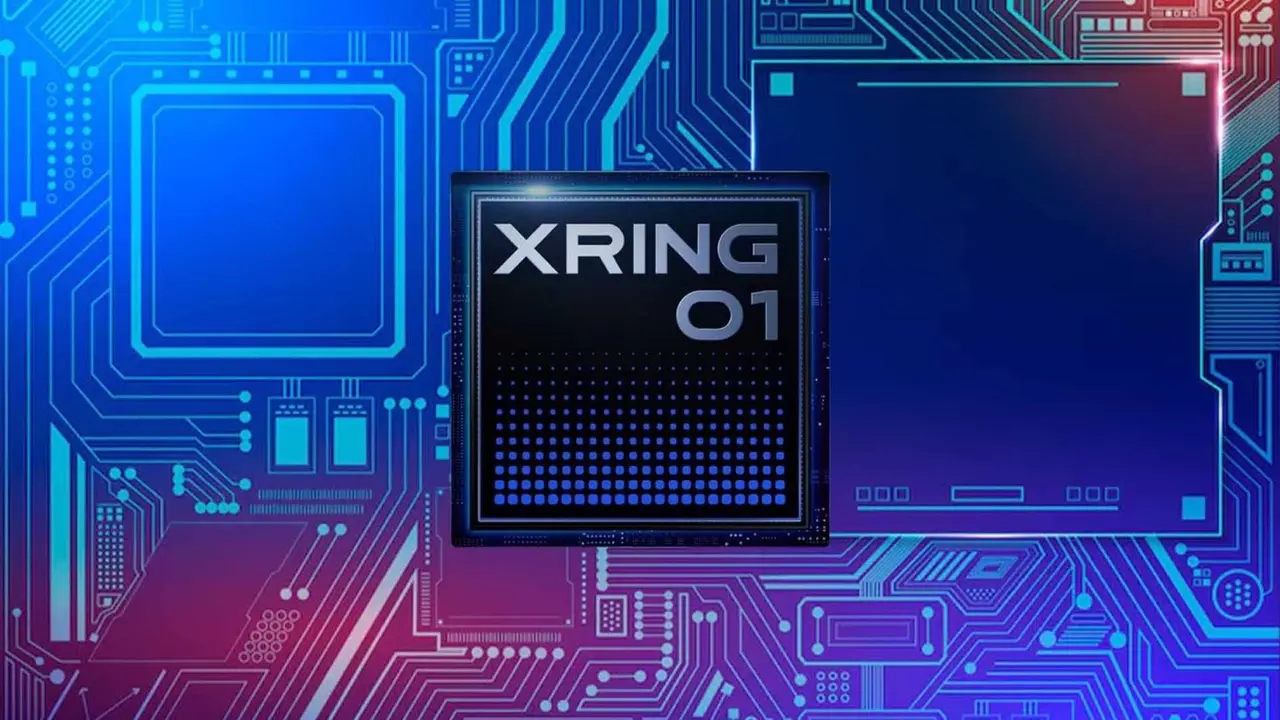Xiaomi’s first self-developed processor, the Xring O1, has faced a serious obstacle due to the new wave of embargoes imposed by the US on Chinese technology companies. In particular, the ban on the supply of EDA (Electronic Design Automation) tools used in advanced semiconductor manufacturing to Chinese-based companies is blocking the way for manufacturers who want to advance in this field.
Xiaomi Xring O1 processor could not escape the embargo
The Xring O1 attracted attention as a first-generation chip produced by TSMC on the 3nm process and offering similar performance to the Snapdragon 8 Elite series. However, the export restrictions that came into effect during the US Trump era and have been tightened more recently have made the future of this processor uncertain. In particular, the EDA tools required for the 2nm production process based on the GAAFET transistor architecture are now completely closed to Chinese companies.

This prevents Xiaomi’s Xring series from moving beyond the 3nm process. Therefore, the company’s efforts to remain competitive with its own processors are hampered by technological limitations. The new embargo regulations will directly affect not only Xiaomi but also other Chinese manufacturers such as Lenovo.
The introduction of the Xiaomi Xring O1 was seen as an important step in the company’s strategy to reduce external dependency. However, the US’s policies that block access to critical manufacturing technologies threaten the long-term sustainability of this strategy.
So what do you think about this issue? What do you think Xiaomi management should do in this situation? You can easily share your views with us in the comments section below.














